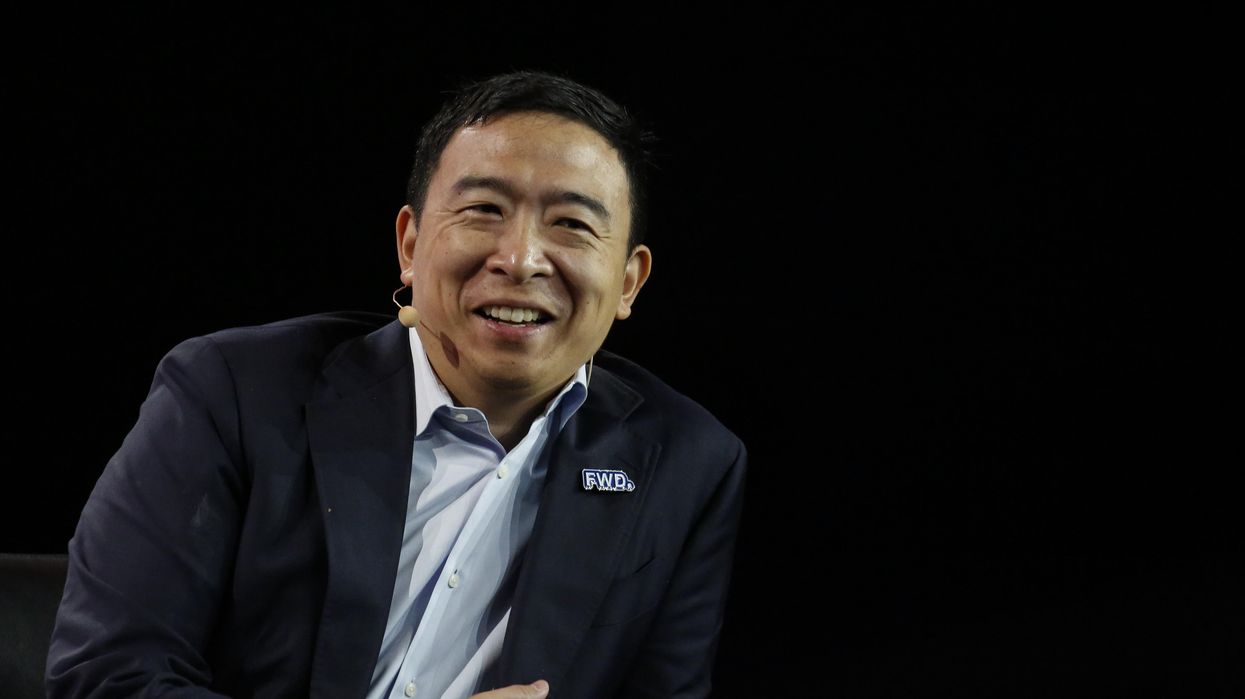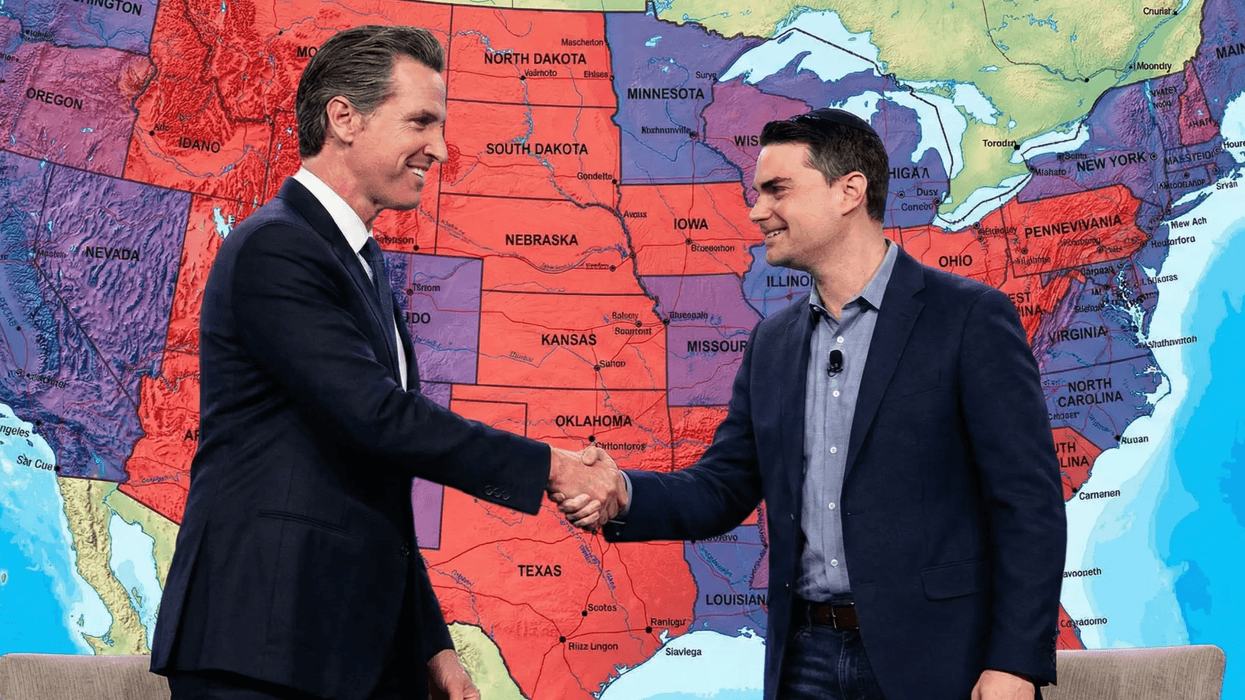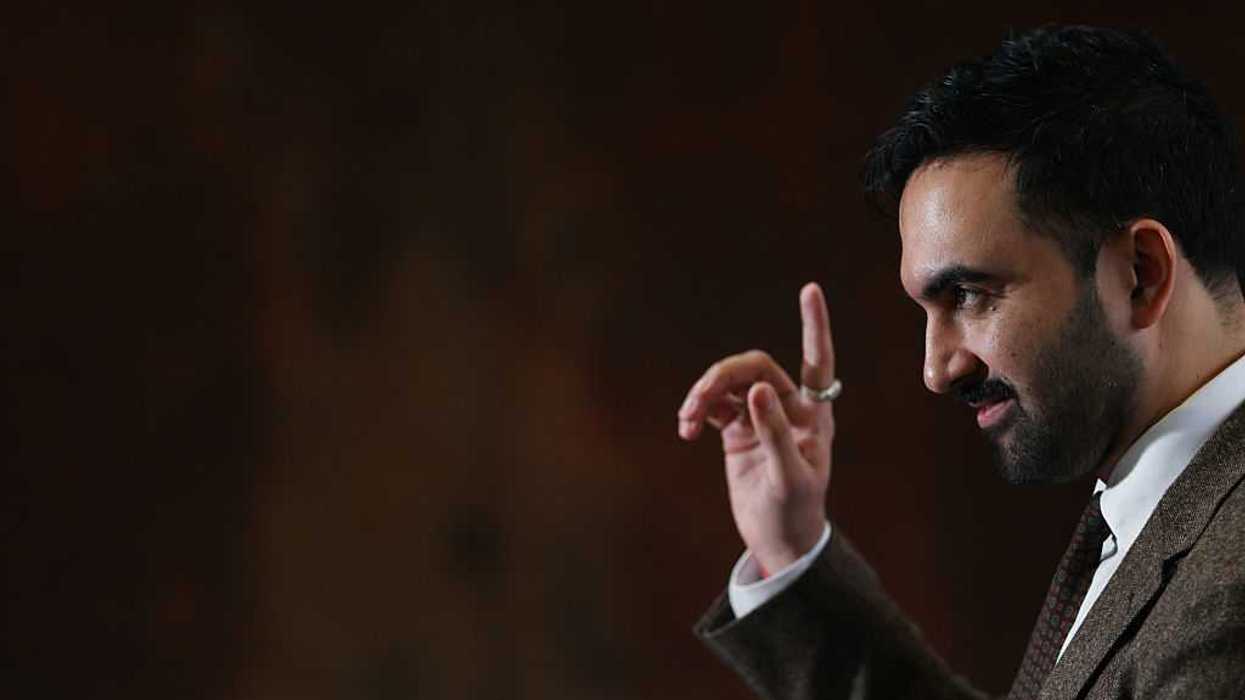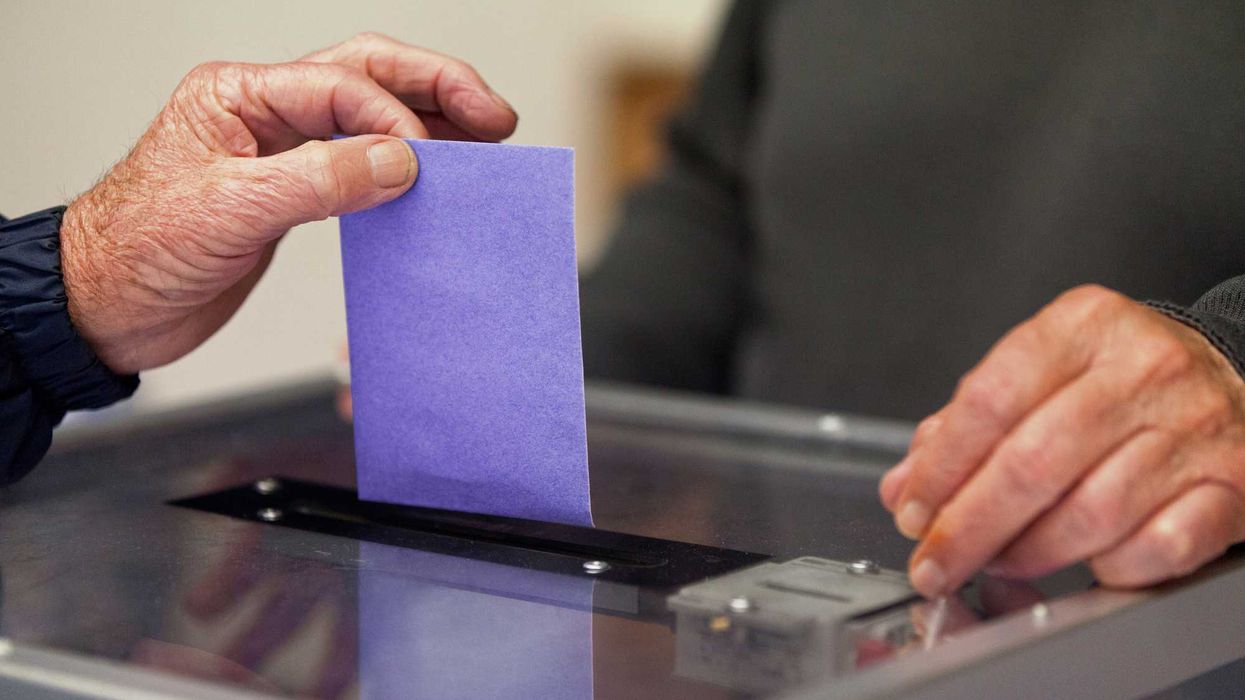Copenhaver, a former mayor of Augusta, Ga., hosts “The Changemaker Podcast and is a founding partner of Starts With Us.
Negative campaigning is increasing in volume and nastiness every election cycle. Campaigns are based on a “divide and conquer” strategy, pitting citizens against each other. If you ask most political operatives why this is the case, they’ll tell you it’s because it works. It drives donations, volunteer engagement and turnout. And while I won’t debate that it works, it’s not the only approach that works.
Believe me, I know. In the past 19 years, I’ve been a part of four local campaigns in Augusta, Ga. Each one focused on being positive, uplifting and inclusive of people from all walks of life. This principle resulted in three successful campaigns for mayor in a city of 200,000, earning support from 56 percent of voters in 2005, 65 percent in 2006, and 64 percent in 2010. Instead of “divide and conquer,” we focused on “unite and overcome,” bringing citizens together by using constant grassroots outreach to rally them around a common cause.
So why, then, is negative campaigning so prevalent? It’s not because it works — it’s because it’s easy.
Finding points of division and exploiting them is easy, while working to find points of agreement is much more difficult. I’ve spent my political career doing both, though, to great success, and that’s why I’m so excited to be a part of the Forward Party.
Forward, a centrist political party founded by 2020 Democratic presidential and 2021 New York mayoral candidate Andrew Yang, describes its goals as the reduction of partisan polarization and the implementation of electoral reforms.
I was recently asked to join the Forward Party's advisory board, and I agreed to serve without hesitation. Our democracy is not sustainable on its current trajectory, driven by political extremism on both sides of the aisle. Sadly, the normalization of inflammatory political rhetoric in our nation has directly contributed to the recent rise in political violence.
I believe that as a viable third party — something that a recent Gallup poll showed has the support of 63 of Americans — the Forward Party will greatly increase the overall health of our democracy while helping to put the power back into the hands of voters. The efforts of Forward to dial down the anger, animosity and often sheer hatred we see between representatives of both legacy parties is a necessary intervention in a political environment that continues to become more and more dangerous.
Forward’s values resonate with me, especially treating everyone with dignity and respect and building from the bottom up and not the top down. I honestly believe that positive change in our nation must start at the grassroots level. I’ve also witnessed firsthand that voters will turn to an alternative to the toxic and divisive status quo of hyper-partisan politics if they are provided with one.
In February, 10 years after I left office, Mayor Garnett Johnson tapped me to run the Augusta Stronger Together campaign, which aimed to ensure that the mayor — the primary executive elected directly by the people — would have a full and equal vote on the Augusta Commission. We deployed the “unite and overcome” approach and, on May 21, the referendum was approved with 74 percent of the vote. Through the campaign, we were able to educate, inform, engage and empower our local electorate, which mirrors another goal of the Forward Party.
My campaigns for mayor and the ballot referendum were won with an average of 64.75 percent of the vote, proving that focusing on building more unity in our communities and healing our political divides is not some pie-in-the-sky dream but rather a winning political strategy. Each one was completely grassroots-driven and none were about asking anyone to swear fealty to any political ideology, another Forward principle that resonates with me. Working across all lines of difference, each individual campaign had at its core respecting and appreciating that our citizens are all different, but together we comprise one community. Each one also showed the difference we can make when we commit to joining hands and working together towards a common goal.
I’ve always pointed out that good leadership is about providing people with hope. That is much harder than exploiting their fears, but, as one of our greatest presidents said, we do these things “not because they are easy, but because they are hard because that goal will serve to organize and measure the best of our energies and skills.”
With a decidedly dark political landscape facing our nation, the Forward Party is looking to bring those of us together who want a hopeful future. It won’t be easy; in fact, it will be quite hard. But our focus on preserving our democracy for current and future generations of Americans is something that provides me with a beacon of hope in the darkness.
I hope it does for you as well.



















Trump & Hegseth gave Mark Kelly a huge 2028 gift